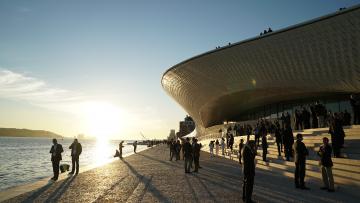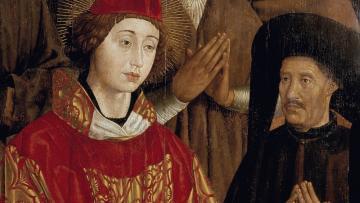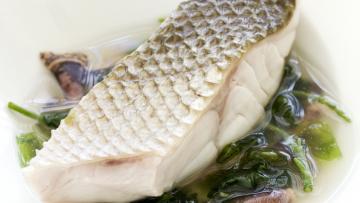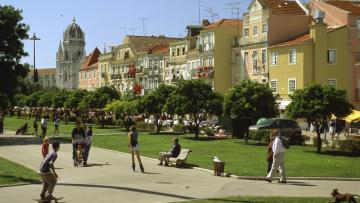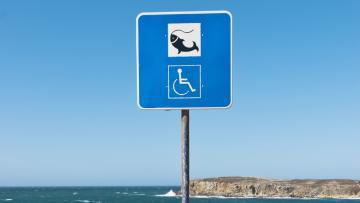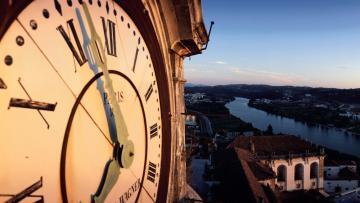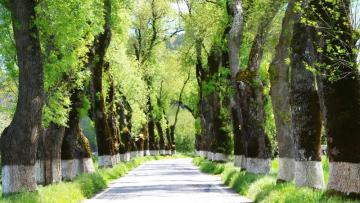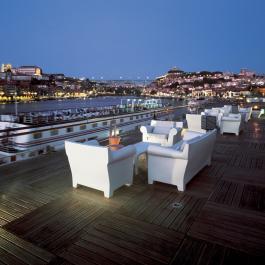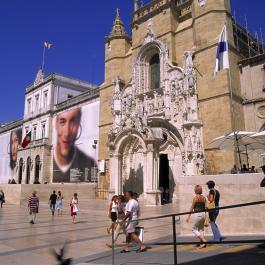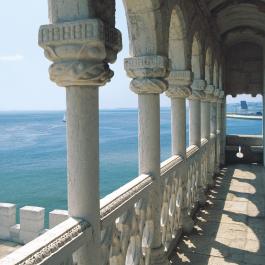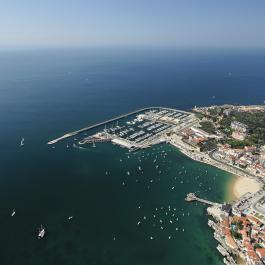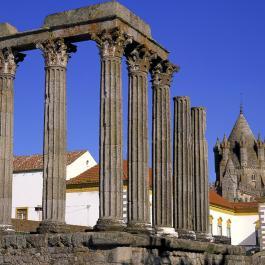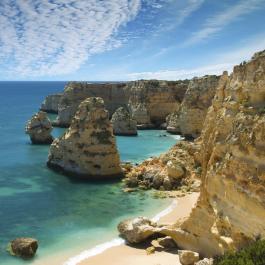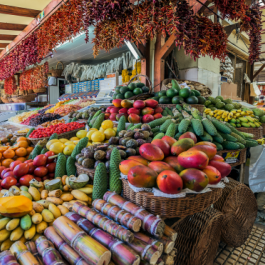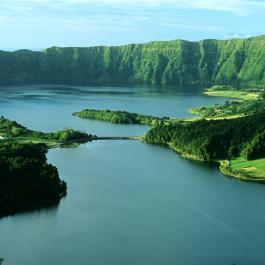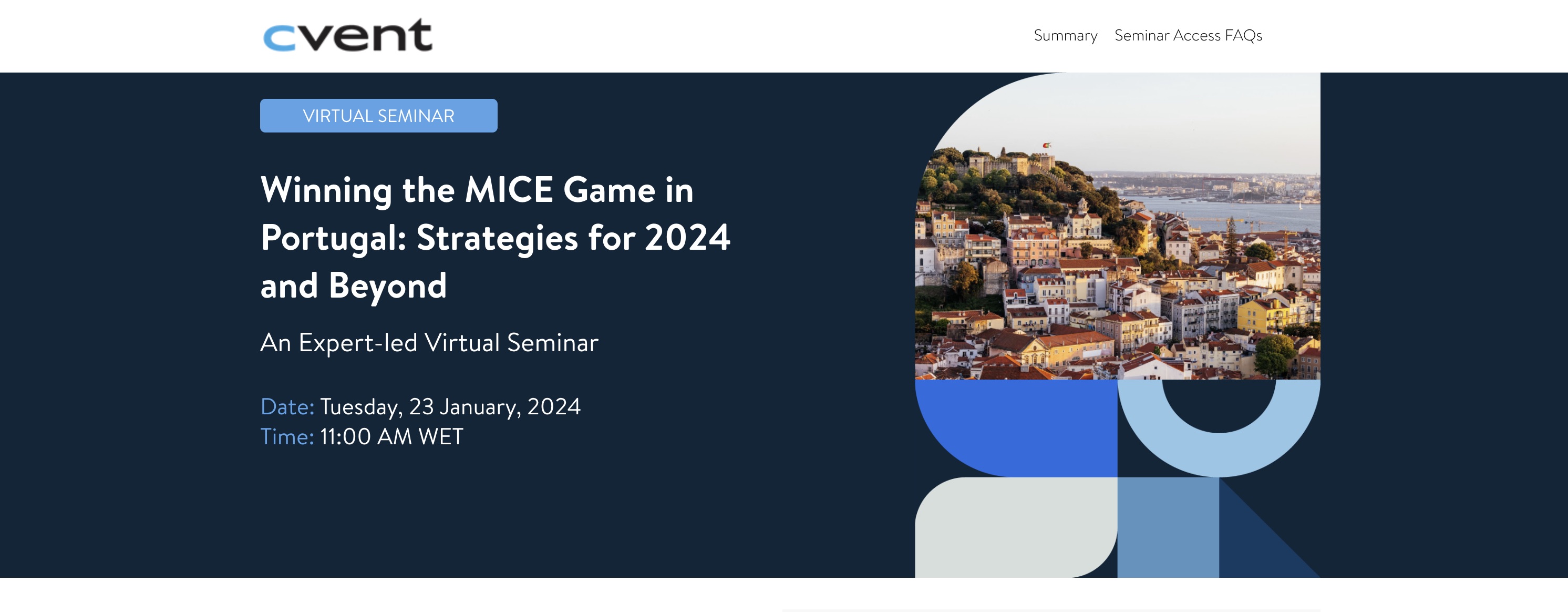By airplane, train, bus or car, Portugal has a privileged geographic location regarding Europe, and particularly Africa and America, which makes the country easily accessible to travellers from these continents. Travelling to the Asian continent has also recently made easier, with new air routes.
By plane
Several domestic and international airlines operate in Portuguese airports, as it is a good platform for both America and Africa, due to privileged relations with these two continents and, of course, location.
The various Portuguese airlines make regular national and international connections: TAP Portugal (www.flytap.com) - the national company regularly flies to more than 75 international destinations and also ensures domestic flights.
SATA (www.sata.pt) – flies regularly between all Azores islands from there to Madeira and mainland Portugal. SATA also has regular connections to some international destinations, namely in North America.
Aerovip (www.aerovip.pt) - Regular air transport between Funchal and Porto Santo (Madeira). Regular air transport between Bragança, Vila Real, Viseu, Cascais and Portimão (mainland Portugal).
ANA - Aeroportos de Portugal, SA regulates airport operations in Portugal, and provides information on departures and arrivals at http://www.ana.pt, as well as on available transport to reach the nearest cities.
By train
CP - Comboios de Portugal (www.cp.pt) operates a railway centennial network, but with modern vehicles that travel throughout the Portuguese mainland, also ensuring international connections to Vigo, Madrid and Paris.
Here are some options for those who travel to Portugal and within the country: top quality train Alfa Pendular is the fastest and most comfortable connection between Lisboa and the Algarve and the north of the country, to Porto or Braga, stopping in Coimbra.
Sud-Express and the Lusitania hotel-train ensure international connections from Lisboa.
By bus
International bus routes in Portugal are Eurolines (http://www.eurolines.fr/pt/) and Intercentro (www.internorte.pt) responsability. For detailed information on routes, times and prices within the country, consult Rede Nacional de Expressos at www.rede-expressos.pt.
By car
Portugal is served by a good road network, in good condition, composed of Motorways (AE), Main Itineraries (IP), Complementary Itineraries (IC), National Roads (EN) and Municipal Roads.
Motorways have toll booths, where payment is made in cash or by bank card. These highways also have a Via Verde (www.viaverde.pt) option.
There are also electronic toll roads. For information on the roads covered and the different forms of payment, visit http://www.portugaltolls.com.
There are car rental services at airports, international rail terminal terminals and in main localities, including disabled drivers. To rent a car, you can access the rent-a-car list at https://www.visitportugal.com/pt-pt/encontre-tipo?context=515, or contact a travel agency.












